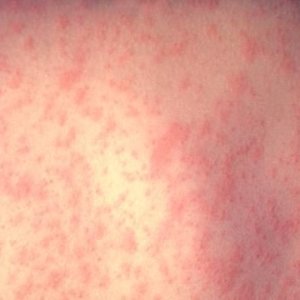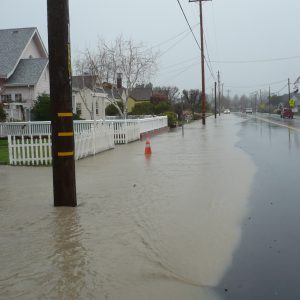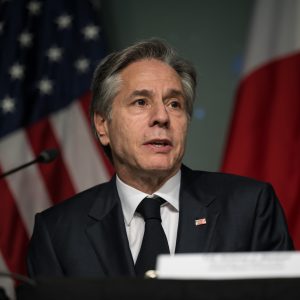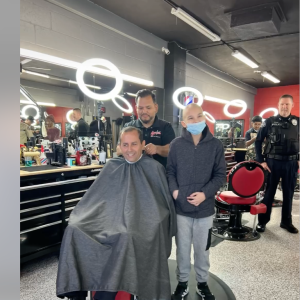 View Winners →
View Winners → 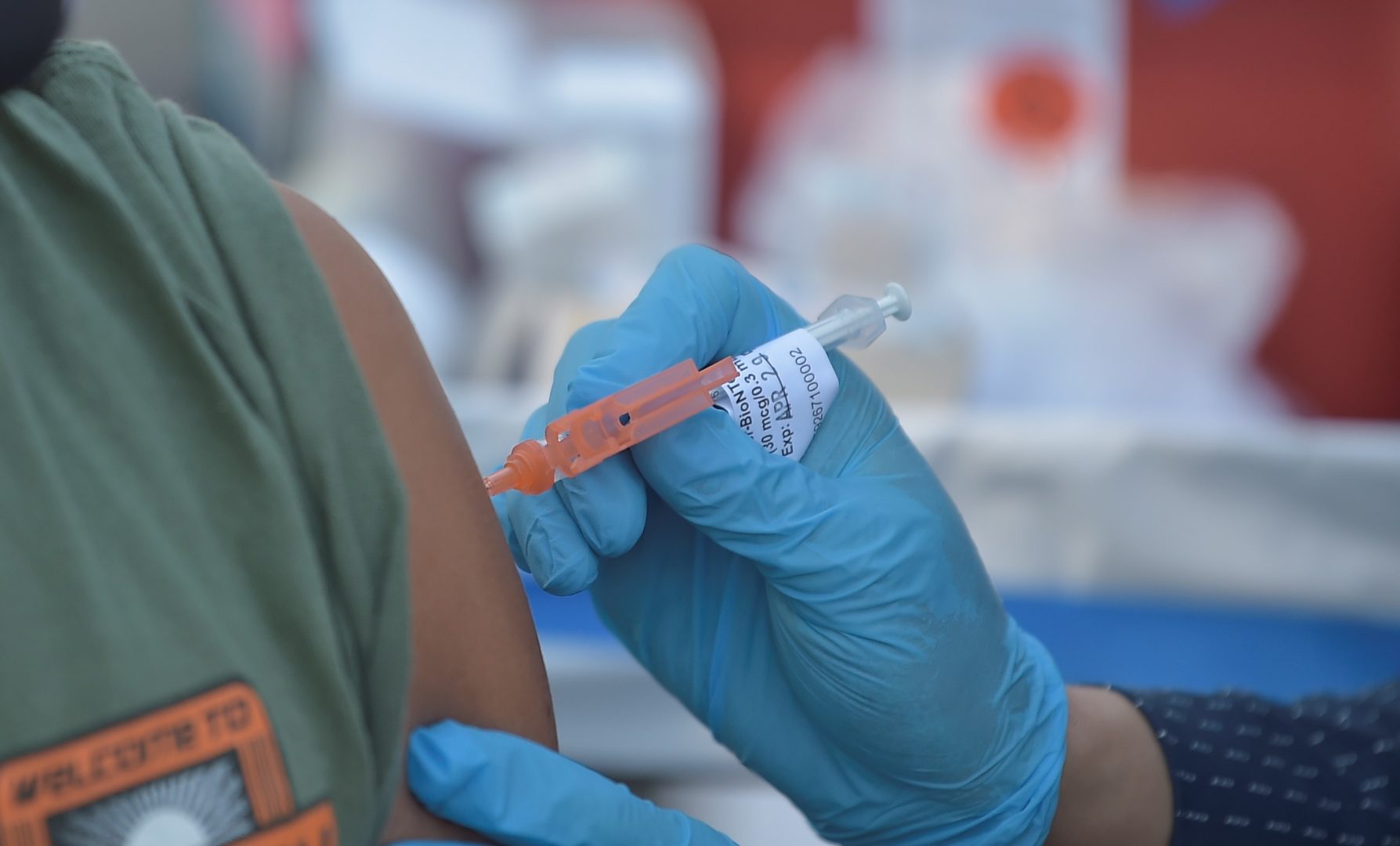
Myths abound online, fueling vaccine hesitancy
The biggest roadblock to so-called “herd immunity” — the threshold at which large portions of a population become immune to a disease through infection or vaccines — is vaccine hesitancy.
The threshold for herd immunity remains uncertain as it differs from disease to disease. White House chief medical adviser Dr. Anthony Fauci at one point estimated that threshold to be 80 to 90 percent while some experts say it could be as low as 60 percent. The Biden administration has aimed for a goal of 70 percent of adults to be at least partially vaccinated by July 4. However, there is a segment of society hesitant to get vaccinated and conspiracy theories are blooming online.
Survey data from the Kaiser Family Foundation indicates that about 62 percent of people have either already been vaccinated or plan to do so as soon as they are able, 17 percent will “wait and see,” 7 percent will only seek a vaccine if required to do so, and 13 percent said they will “definitely not” receive a shot. Furthermore, an analysis by the foundation published on April 20 found that the country is “quite close to the tipping point where demand for rather than supply of vaccines is our primary challenge.” KFF estimates that tipping point could come this week or in the next two weeks.
As it becomes easier for adults who want a vaccine to get one, attention is now turning to vaccinating children. “Some parents have been counting down the weeks since Pfizer announced results from its trial in adolescents, showing the vaccine is at least as effective in [adolescents 12 to 15 years old] as it is in adults. Vaccinating children is also key to raising the level of herd immunity in the population and bringing down the numbers of hospitalizations and deaths,” according to The New York Times. Emergency authorization from the Food and Drug Administration could come as early as next week.
Last week, the Pasadena Unified School District offered vaccines to high school students 16 years old or older. The media event touted the importance of the shots and three young teens, triplets to boot, braved the needle for local cameras.
However, COVID-19 has opened a whole new world of inoculation fears and trepidations.
The Centers for Disease Control and Prevention has published vaccine information to “help stop common myths and rumors.” The C.D.C. tackles questions about fertility and DNA alteration, and concerns about contracting COVID-19 from the shot.
Perhaps the most common fear is that scientist don’t know the long-term effects of COVID-19 vaccines. “If there were going to (be) problems … they would become apparent within two months of people getting vaccinated,” Dr. Ashish Jha, dean of the Brown University School of Public Health, told CNN. “That’s what the F.D.A. waited for.”
Even late-night television is tackling vaccine misinformation. On Sunday’s “Last Week Tonight with John Oliver,” the popular British host took on COVID-19 vaccine myths, like the belief that a microchip is implanted into people via the shot. “I’m not saying you should immediately get something just because it’s free,” said Oliver as vaccine appointments across the country go unfilled, “but these vaccines could save not just your life, but the lives of people around you.”
The recent news of the Johnson & Johnson causing blood clots in a handful of women certainly did not help in the concerted effort to get people to trust the coronavirus jab is safe and highly effective.
However, no side effect of the vaccine is worse than the alternative, experts agree. “Covid, a disease that has killed over 500,000 people in the U.S. alone while, once again, to date, the vaccine has been proven to kill exactly zero,” Oliver told his television audience.
Vaccine hesitancy was listed as one of the top 10 threats to global health by the World Health Organization in 2019 and as Americans return to crowded spaces and events, the need for mass vaccination becomes more pressing.
“If people don’t get vaccinated, not only can they get infected, but they can transmit deadly infectious diseases,” Jeffrey Lazarus, head of health systems research at the Barcelona Institute for Global Health (ISGlobal), told Global Citizen.
Additionally, the longer people wait to be vaccinated, the longer the virus has to mutate, threatening the progress made and the efficacy of current vaccines. “Although we are seeing progress in terms of decreased cases, hospitalizations and death, variants are a wild card that could reverse this progress we have made,” C.D.C. Director Dr. Rochelle Walensky said during a press briefing Wednesday. “We are seeing that our current vaccines are protecting against the contaminant variants circulating in the country. Simply put, the sooner we get more and more people vaccinated, the sooner we will all get back to normal.”
















































